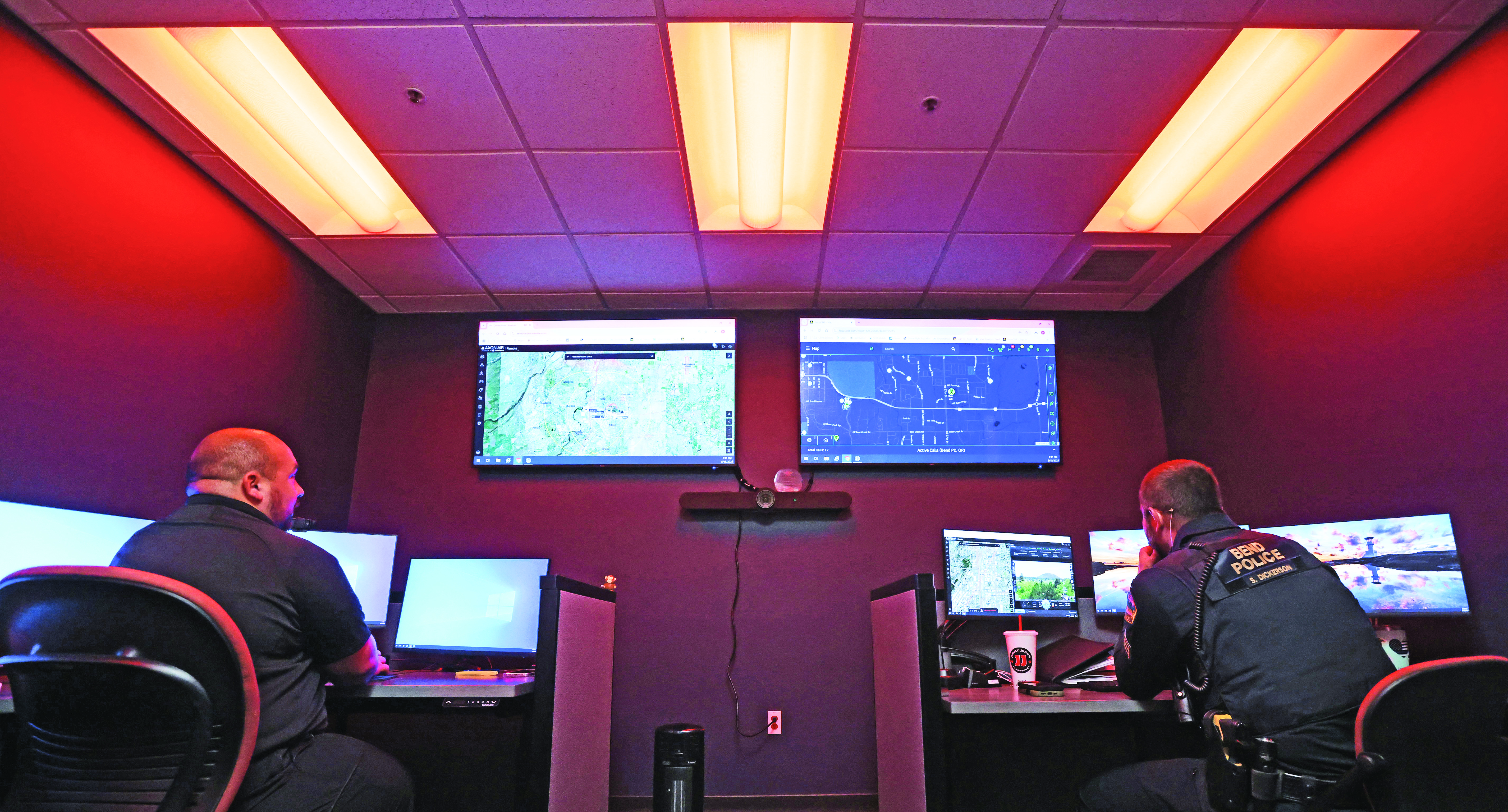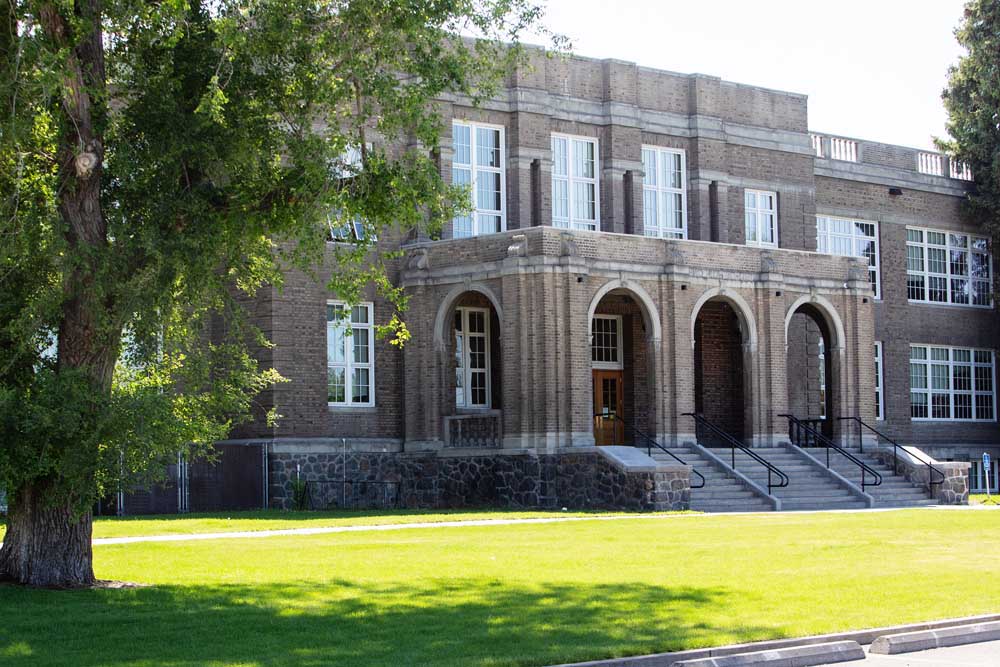Resistance Free training helps rider learn horse’s language
Published 5:00 am Friday, October 1, 2004
If a horse could verbalize what it needs, Richard Shrake believes the horse would say, ”Take the time to listen to me and learn my language.”
”Resistance Free” – Shrake’s trademarked name for his horse-training method – was born out of Shrake’s lifelong desire to learn the horse’s language and translate it to owners in an enjoyable and educational way.
”Resistance-free training is a very quiet, step-by-step approach to where the horse becomes your partner,” Shrake says. ”It’s done in a very nonviolent, quiet, easy way of working with the animals that respects them as an animal and as a horse.”
Resistance-free training has several elements, Shrake says. There are the benefits of positive reinforcement, how humans should interpret and respond to resistance, how to make the natural pecking order to work for you, and selecting the right horse for success. It is a method that establishes effective groundwork as the foundation for training and developing a horse’s balance and suppleness under a rider.
These methods make it possible to improve relationships with even ”difficult” horses, Shrake says, as his philosophies are based on the belief that willing cooperation, positive reinforcement, body language, timing and rhythm are key ingredients to building a relationship between horse and rider.
Shrake first presented his theories to the horse industry in 1979 and trademarked his training in the early 1980s to avoid being misrepresented and to ensure that his philosophy was used in a ”truthful and honest way.”
Teaching the resistance-free method brings much joy to Shrake, who says it takes focus on the part of students to understand his program.
”The pilot’s got to know how to fly the airplane,” he says with a smile. ”If he doesn’t, then you’re in trouble. … You see people work with their horses and just be pleased with the resistance-free method. It’s just a whole turnaround. It’s like, ‘Wow!’ All of a sudden, they’ve found a new friend (in their horse), or a better friend who’s always been there.”
Shrake has taught his methods across four continents and six countries, created 21 instructional videos and written three books. Dates for his services are often reserved two years in advance.
His methods do not enable a quick fix, which Shrake says may be the biggest criticism of his philosophies. However, he says, they aren’t meant to be quick. It takes work to build any valuable relationship, he explains, and lots of different study to become a master horseman or horsewoman.
”There’s more than one way to teach resistance-free training,” he states. ”We each do it a little differently. But it relates to respect of the animal, learning his behavior patterns and his language.”
Shrake says he often has to be willing to change specific pieces of his method without altering the overriding philosophy of resistance-free training.
”You know, Ray Charles sang the song ‘Georgia’ for so many years,” Shrake says with a smile. ”When he was asked how he kept it alive, do you know what his answer was? ‘There’s more than one way to sing Georgia.’ ”






